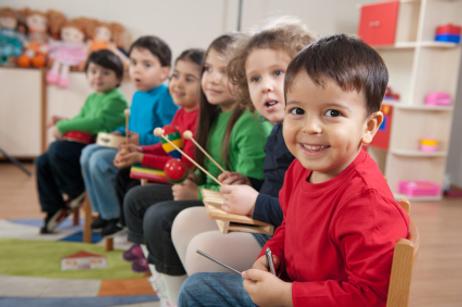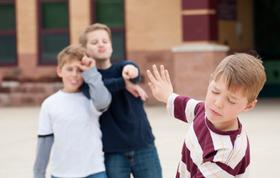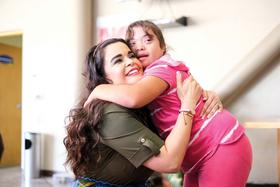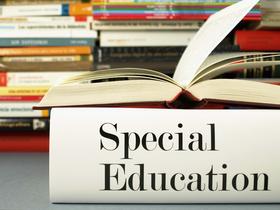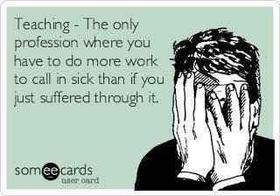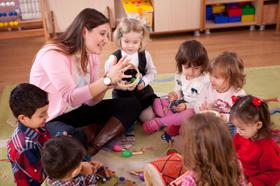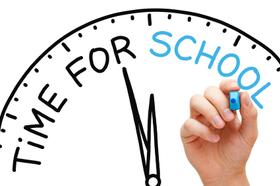Biology, algebra, English, and history classes may no longer be sufficient for your child to graduate. With today’s trend of increasing standards for graduation, many schools are mandating that students complete community service or stewardship prior to earning their caps and gowns. As a result, many teens are finding unique and engaging ways to become involved in their local areas.
Volunteer Requirements
Maryland, Chicago, and Los Angeles are just some of the locations across the country mandating volunteerism as a requirement for graduation. Specifically, as the Los Angeles Legislative Analyst’s Office reveals, all public school students must engage in at least 40 hours of community service with a nonprofit organization or government entity in order to receive a diploma.
Schools implementing this volunteer mandate are confident that students will benefit for both the short and long term. As students volunteer, they are exposed to different cultures, social settings, personal backgrounds, and new experiences. With these experiences, public students are able to add depth to their learning and development, which helps them both as teenagers and adults.
In contrast to the cities and states that require community service as a graduation requirement, some areas are instead simply requiring that public schools provide students with the option to engage in community service. For example, Mayor Bloomberg of New York City is one of the many city leaders across the country encouraging optional service opportunities for students. As the Daily News reports, Bloomberg is set



